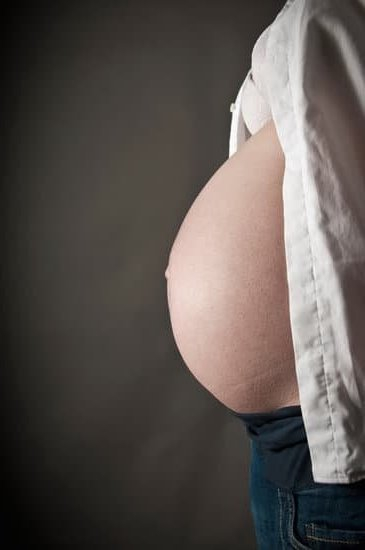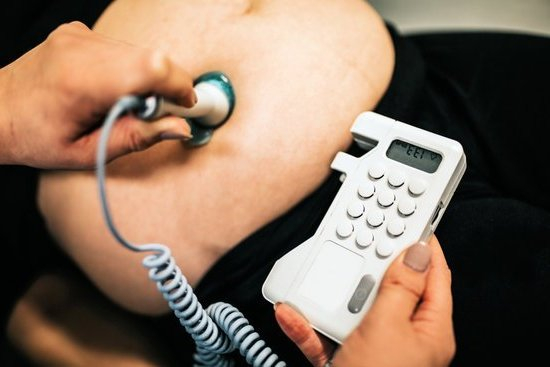Reasons Why Bleeding May Happen During Pregnancy
Pregnancy is a time of excitement for many expecting mothers. However, it is not always smooth sailing, and there may be moments of worry and concern. One of the issues faced by some pregnant women is bleeding. Here are some of the reasons why you may experience bleeding during pregnancy.
Implantation Bleeding
Implantation bleeding can happen when the fertilized egg attaches to the uterine wall. This type of bleeding occurs in the early stages of pregnancy and is often light spotting that resembles a menstrual period. The bleeding may last for one to two days and generally will not require any medical intervention.
Infection
During pregnancy, the body is in a vulnerable state and sometimes an infection can cause a woman to experience bleeding. This is usually associated with pelvic inflammatory disease, a sexually transmitted infection. Treatment for this infection includes antibiotics and certain lifestyle changes.
Miscarriage
A miscarriage is the loss of a pregnancy that generally happens in the first trimester. It is a very traumatic experience for a woman, and the symptoms include heavy bleeding, abdominal pain, and cramping. If this is the reason for your bleeding, it is important to seek medical attention and to allow yourself to process your emotions.
Placental Abruption
Placental abruption is when the placenta separates from the uterine wall. This is rare but can be a very serious complication. Symptoms can include vaginal bleeding, abdominal pain, and uterine tenderness. This condition will require medical attention and often a woman must be monitored closely.
Premature Labor
Another serious complication of pregnancy is premature labor. If a woman experiences bleeding accompanied by regular abdominal pain, contractions, and an increased heart rate in the middle or late stages of pregnancy, it could be a sign of premature labor. Getting medical attention right away is very important in this situation.
Conclusion
It is important for any pregnant woman to be aware of the possibility of bleeding during pregnancy. While not all bleeding is cause for concern, if it is accompanied by other symptoms, it is important to seek medical attention as soon as possible. Your doctor will be able to help you determine the cause of the bleeding and provide you with the best treatment for your particular situation.
What are the common causes of bleeding during pregnancy?
1. Implantation bleed: Implantation bleeding is a common cause of bleeding during the first trimester of pregnancy, typically occurring around the time when a woman’s period would have been expected. This type of bleeding is caused by the embryo implanting in the lining of the uterus.
2. Miscarriage: A miscarriage is a pregnancy loss in the first 20 weeks of pregnancy. It is one of the main causes of bleeding during pregnancy. Bleeding in early pregnancy can be a sign of a threatened or an inevitable miscarriage.
3. Placental issues: Issues with the placenta are another major cause of bleeding during pregnancy. Placental abruption, where the placenta separates from the uterus prematurely, can cause heavy bleeding. Placenta previa, where the placenta lies low in the uterus and partially or completely covers the cervix, can also be a cause of bleeding during pregnancy.
4. Cervical changes: During pregnancy, the cervix can undergo changes, such as softening, dilating and opening, that can cause some light bleeding. This is usually not a cause for concern.
5. Vaginal Infection: Vaginal infections and other issues, such as polyps or cysts, can cause light bleeding.

Welcome to my fertility blog. This is a space where I will be sharing my experiences as I navigate through the world of fertility treatments, as well as provide information and resources about fertility and pregnancy.





